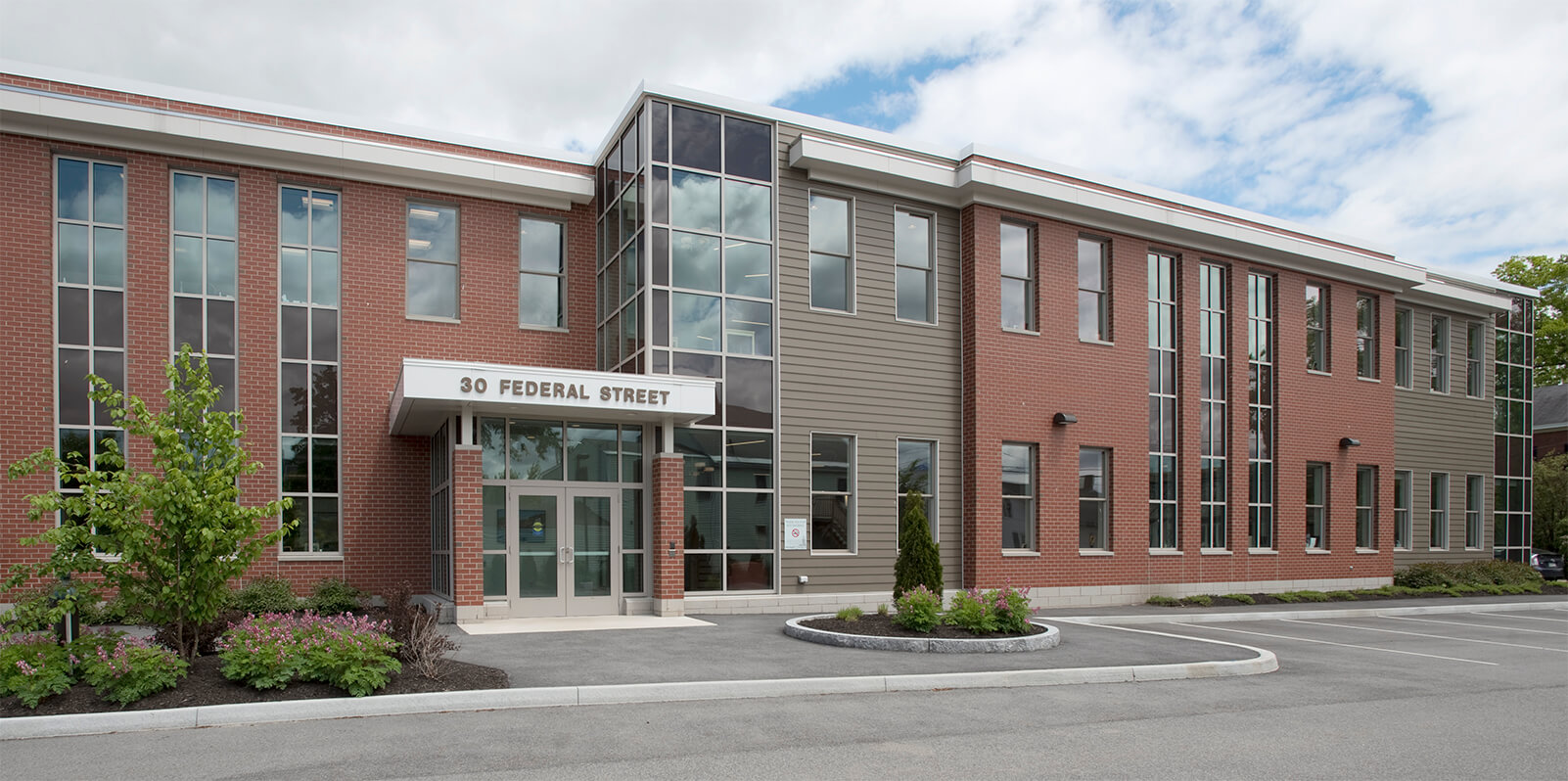May 16, 2019
Bipartisan Bill Would Accelerate Investment in Solar Energy Across Maine
Augusta, Maine – For the last five years Maine has ranked last in New England for solar energy generation and number of solar jobs per capita. A new bipartisan bill that received a public hearing today aims to reverse that trend by accelerating the development of more than 400 megawatts of solar power to serve residents, businesses, and towns across the state.
“Maine is embracing renewable energy and solar power, which can benefit our economy and create jobs in our state,” said the bill’s sponsor, Senate Minority Leader Senator Dana Dow (R-Lincoln). “Distributed generation puts the power where it needs to be, right where it is consumed; and that can reduce costly burdens on our electricity grid. With this proposal it is my hope to bring the benefits of solar to more Mainers, from businesses to families with more limited incomes.”
LD 1711 would deliver a comprehensive reboot to Maine’s solar policies and reduce barriers that are preventing more Mainers from accessing clean, affordable solar power. Related bills have previously been supported by the Legislature over the past few years but did not become law.
“It’s time for us to work together to increase access to solar power, for people regardless of income or where they live, and for all communities, whether large and urban or small and rural,” said Dylan Voorhees, Clean Energy Director at the Natural Resources Council of Maine. “Powering Maine’s homes, businesses, and towns with solar will reduce energy costs, curb carbon pollution, and bring high-quality jobs to every corner of the state.”
The solar bill uses multiple approaches to expand access to clean energy for a wide range of consumers. Low- and moderate-income households would increasingly be able to take advantage of community solar farms, a cost-effective solution that would allow Mainers to buy into solar energy if they can’t place panels on their homes. The bill would enable the development of larger-scale community solar farms that could power more than 45,000 homes and lift an arbitrary nine-person limit that has been holding back new community solar projects across Maine.
“Building out distributed generation assets around the state, owned by Maine businesses and employing Maine residents, means we are exporting fewer dollars out of our economy,” said John Egan, Chief Investment Officer, Coastal Enterprises, Inc. “Increased renewable and distributed capacity here means we are more resilient to damage caused by climate change.”
Towns across Maine are beginning to harness the power of solar to reduce the burden of energy costs on taxpayers and transition away from carbon-polluting energy sources. As prices for solar have dropped 47% in the last five years, according to the Solar Energy Industries Association, those towns have experienced thousands of dollars in energy cost savings by transitioning to solar. Expanding the amount of “distributed solar generation” in Maine also has the potential to lower electricity costs for everyone by bringing more clean energy generation into the regional electric grid at the local level.
“Many municipalities in Maine are eager and ready to adopt solar energy,” said City of South Portland Sustainability Director Julie Rosenbach. “We support LD 1711 because it will provide a strong, predictable pathway for projects and the benefits – including lower energy costs, cleaner air, and greenhouse gas reductions – will benefit a broad distribution of Maine people.”
By modernizing Maine’s electricity policies to better capture the benefits of distributed solar technology, LD 1711 also helps to reduce barriers – especially for businesses and other large consumers to invest in their own power. The bill also puts a premium on predictability and competitive markets, a move that would send a signal to businesses and financial institutions to invest in solar, and further encourage the solar industry to expand and create jobs here in Maine.
“With Maine’s high asthma rates and growing Lyme disease rates, this bill presents an opportunity for Maine to increase the use of clean energy and reduce greenhouse gases to help prevent illness and injury from the impacts of climate change,” said Karen D’Andrea, Executive Director, Physicians for Social Responsibility, Maine Chapter.
The solar bill is the result of five years of collaboration among a diverse range of interests, including conservation groups, municipalities, renewable energy businesses, public health advocates, and local businesses.
“Our state’s potential to capture clean, renewable energy from the sun is vast,” said Environment Maine State Director Carissa Maurin. “It makes no sense to hold back progress with unnecessary barriers to solar energy. This bill will help clear the way for individuals, businesses, and communities across Maine to go solar. Our policymakers should seize the opportunity to protect our state’s environment, public health, and consumers and support Maine’s solar energy future.”



